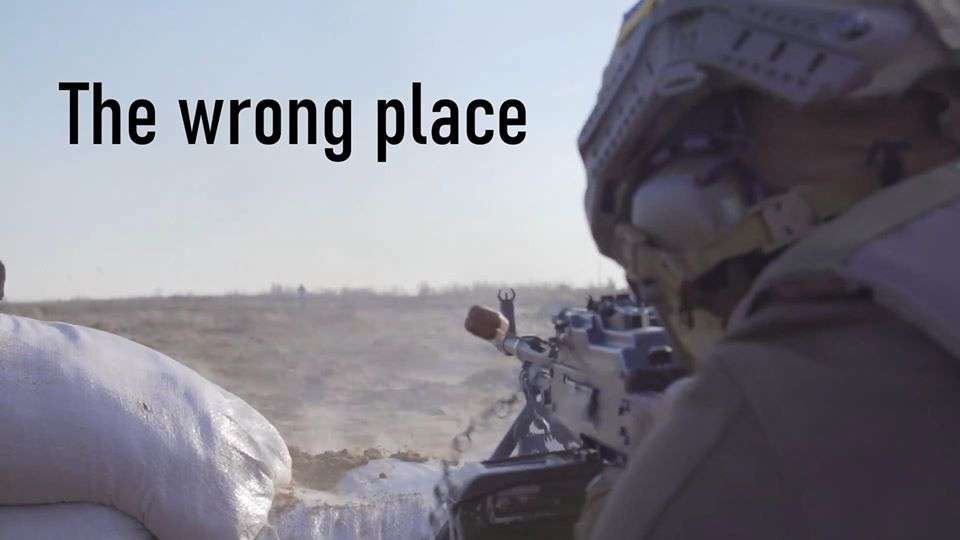FIDU claims the importance of defending the rule of law. For this reason, we contribute to the study, knowledge and dissemination of facts to counter the risks of misleading and propagandist information.
In the new digital age, confidence in institutions and support for democracy are in decline. People feel they have no impact on the main development processes that affect their lives. The digital revolution, within this scenario, has represented a significant hope that new technologies would have been an advantage for democracy, freedom and social involvement.
Today we are witnesses of the worrying democacry’s decline and its principal cause is the so-called “digital authoritarianism” that embraces the collapse of the hopes placed in the democracy’s ampliflying function in the Digital Age.
Recent data show that democracy is living a crisis in all over the world. In particular, according to a new study of Bertelsmann Stiftung, international democratric standards are declining in 26 countries on 41 OECD’s States. Sweden, Finland, Denmark and Germany are on top for the quality of democracy, although partisan polarization is increasing and this undermines the reforms oriented to the future. We can observe negative developments in several countries such as Hungary, Poland, Mexico and Tukey but also the USA -they have lost 9 points since 2014 in terms of democracy and quality of governance.
According to the Boston Glove, Digital Age does not make us more free, but just more polarized. Digital platforms can put together new people but they can be used also as echo-chambers for polarizing ideas. The new instruments of digital technology, as well as social networks, are more and more associated with hostile phenomena to democratic processes, such as populism and propaganda. Fake news and disinformation spread rapidly in the digital age and when they become the protagonists of our debates, our democracy is damaged. They compromise our trust in the concepts of truth, facts and reality, making the work of denouncing human rights violations and awareness-raising by the NGOs extremely difficult.
This scenario becomes dangerous in relation to the political elections. Election interference is not just an European challenge. Foreigner intrusion is suspected to be present in the elections in all over the world. Several actors use this destabilizing technique – that has shown to be more powerful than the traditional attack strategies and significantly cheaper, harder to prove and to pursue.
Besides, the growth of platforms on Internet -that have an unprecedented capacity of collecting data- has created new opportunities for authoritarian regimes, like China and Russia, to control civil society in a more effective way by spreading fake news and extreme ideas.
FIDU SPONSORS THE DOCUMENTARY
“THE WRONG PLACE”


